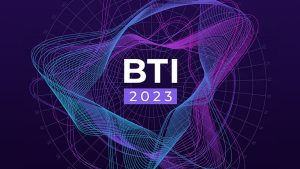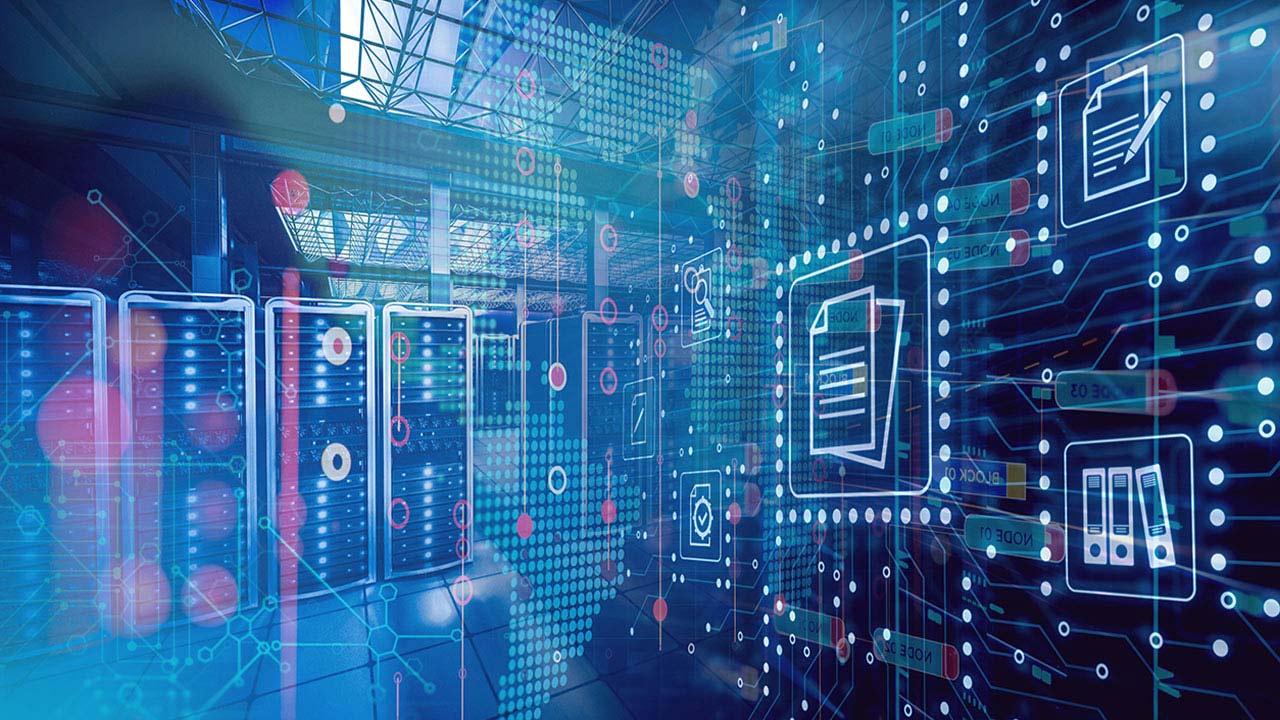
Patrick Anglard, chief technology officer at Expleo reflects on the need for rapid, effective solutions, at a time of unprecedented uncertainty and how reliability has become the watchword.
The sudden onset of the COVID-19 pandemic shone a spotlight on the digital readiness of companies around the world. In just a matter of days, over 80% of the global workforce of 3.3 billion people had their workplace fully or partly closed. For office workers, the technology has broadly done its job – perhaps better than many feared. An instant shift to widescale remote working was proved possible, due to sophisticated tools and services, backed by robust telecommunication infrastructure. This is one of the great technological accomplishments of modern times. Thousands of companies, including Expleo, have continued to deliver the same services as before. Imagine if the pandemic had arrived even five years ago. Would we have coped in the same way?
Reliable technology for remote working has helped to mitigate a huge share of the economic fallout from the pandemic. Although quarantine restrictions are now starting to relax, it’s likely that many businesses will advise their people to continue working from home, either full or part-time.
But of course, it’s not just remote working that has kept some sections of the economy moving – and saved lives in the process. Online shopping, robotics, digital and contactless payments, distance learning, telehealth, online entertainment and livestreaming have all risen to the challenge of home confinement. With basic human needs such as food, health, education and socialising in the balance, service reliability has governed our technology choices more than ever.
As we transition out of the pandemic, and into a global recession, reliability again takes centre stage. We must keep furthering the boundaries of technology. The learn-by-failure rules of innovation still apply. But more of that bold thinking needs to focus on making processes and delivery more robust – and more efficient and reliable as a result.
In the future, I hope that improvements in technology will further improve our species’ preparedness for such a devasting crisis. For a start, the world must bridge the digital divide that still denies internet connection from nearly half of the world’s population. In Europe, how might 5G have contributed, if it were readily available and affordable? Who knows what new disruptive technologies will emerge from several months of lockdown. I’m excited to find out.
Now – more than ever before – people, businesses and governments want bold and reliable solutions, not theories.
They need to get stuff done.
They need things to work as they should.
They need to “Think bold, act reliable”





